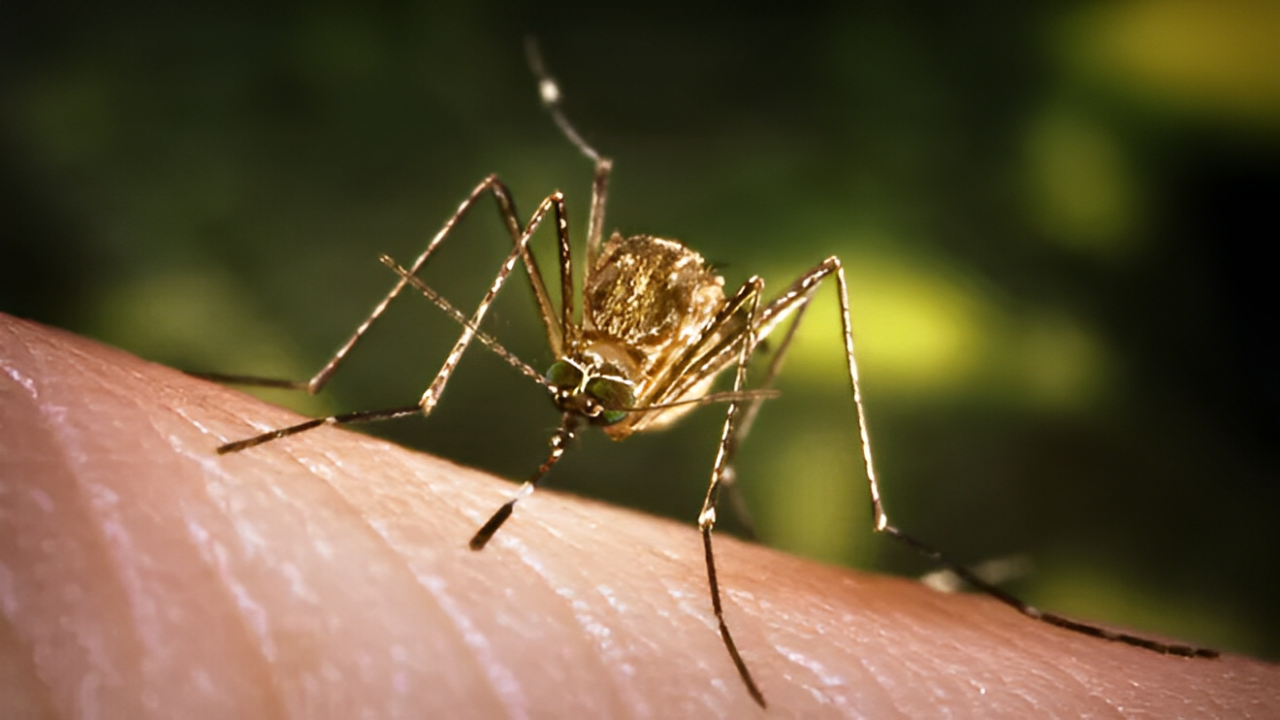Breaking News: Deadly Virus Spread by Insects Infected Many People in New York!
Residents in Hudson Valley and Long Island have been infected with the West Nile Virus, marking the first confirmed cases in New York State for 2024. This early outbreak has health officials urging the public to take precautions against mosquito bites.
Earlier this week, a man in his 50s from Islip, Long Island, was confirmed as the first person in New York State to test positive for the West Nile Virus in 2024. Fortunately, after being hospitalized, he has since recovered and returned home. Last year, Suffolk County reported five human cases, highlighting the ongoing risk in the region.
In addition to the case in Long Island, two more cases have been confirmed in Hudson Valley. The Westchester County Health Department announced that a resident from New Rochelle and another from Mount Vernon have both tested positive for the virus. These are the first reported human cases in Westchester County this summer, signaling an earlier-than-usual start to the West Nile season.
Health Officials Issue Warning
Health officials are concerned about the virus’s early appearance, which is typically not seen until later in the season. Dr. Sherlita Amler, Commissioner of the Westchester County Department of Health, emphasized the importance of taking preventive measures.
“These first cases of West Nile Virus are earlier than usual and should serve as a reminder to all of us to remove all standing water around your home after it rains,” she said. “They are also a reminder to use repellents when you spend time outdoors, especially from dusk to dawn when mosquitoes are most active.”
West Nile Virus is primarily spread through mosquito bites. While most people infected experience only mild or moderate flu-like symptoms, the virus can be more severe for individuals over 50 or those with underlying health conditions.
“West Nile Virus can be more serious, especially for people age 65 and older, and those with underlying medical conditions,” the Westchester County Health Department noted.
Mosquito Bites: A Hidden Danger
The Centers for Disease Control and Prevention (CDC) warn that mosquito bites can be just as dangerous as shark bites, if not more so. Mosquitoes are considered the “world’s deadliest animal,” responsible for spreading numerous diseases, including malaria, dengue, yellow fever, Zika, and, of course, West Nile Virus.
“The meager, long-legged insect that annoys, bites, and leaves you with an itchy welt is not just a nuisance―it’s one of the world’s most deadly animals,” the CDC states.
In 2017 alone, nearly half a million people died from malaria, a mosquito-borne disease and millions more fell ill each year. The CDC also reports that the number of severe West Nile Virus cases was 25 percent higher in 2018 compared to the previous decade, underscoring the growing threat.
In 2022, New York State led the nation in West Nile Virus cases, adding to the urgency of this year’s early infections.
Symptoms and Prevention
Symptoms of West Nile Virus include fever, headache, muscle pain, nausea, vomiting, rash, joint pain, and, in some cases, minor bleeding. While most people recover fully, severe cases can lead to long-term health issues or even be fatal, particularly for those in higher-risk groups.
To protect yourself from mosquito bites and reduce the risk of infection, health officials recommend using insect repellent, wearing long sleeves and pants when outdoors, and eliminating standing water around your home, as this is where mosquitoes breed.
As the virus continues to spread in New York, residents are urged to stay informed and take all necessary precautions to protect themselves and their families.

